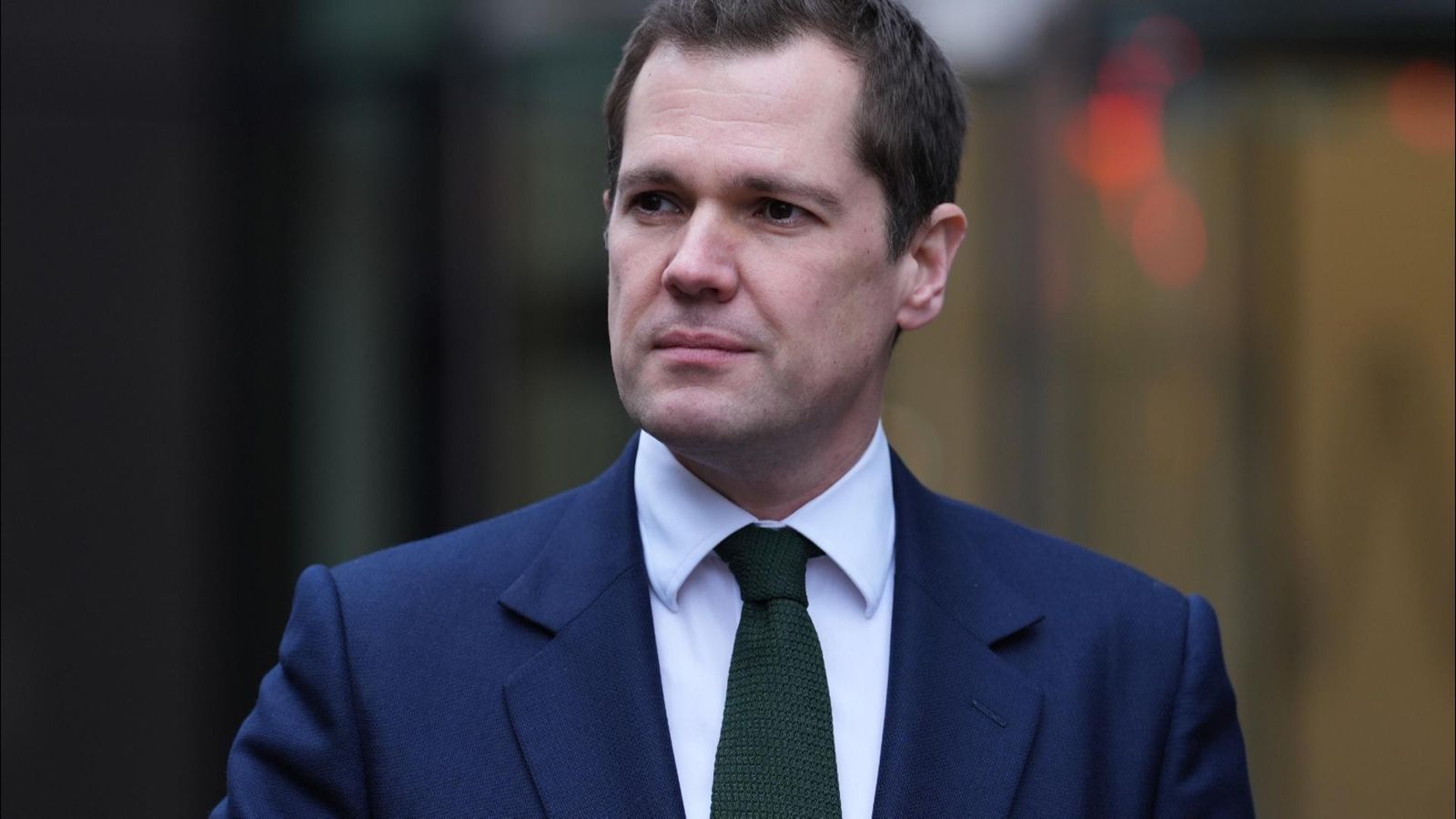Middle Class Likely to Sidestep a 'Richcession'
Consumer behavior during COVID stymied economists and the smart money on Wall Street.
A U.S. recession in 2023 is likely to be as unusual. So atypical, in fact, that pundits are coming up with new terms for it.
Try “slowcession,” even “richcession.”
The bottom line is that experts foresee a shallow recession that could linger all year but that the middle class can avoid.
Rather than a recession driven by negative gross domestic product (GDP), Moody’s Analytics expects a grinding slowdown in 2023 with less than 1% GDP growth—a “slowcession” that won’t let up until 2024, if you will.
“There is no doubt the economy will struggle in the coming year as the Fed works to rein in the high inflation, but the baseline outlook holds that the Fed will be able to accomplish this without precipitating a recession,” says Moody’s Chief Economist Mark Zandi.
“That is, it will be able to raise rates high enough, fast enough to sufficiently quell the wage and price pressures, but not so high and fast that it knocks the wind out of the economy. This is a scenario that we might well call a slowcession—growth that comes to a near standstill but that never slips into reverse.”
Zandi’s view is in line with The Wall Street Journal’s economist survey that finds 65% expect a brief recession in 2023.
Buoying the economy, Zandi says, is a strong U.S. labor market. Also, while Americans have been depleting their savings to cope with inflation and pay their bills, their personal finances are in better shape than they were before COVID hit in 2020.
U.S. households and businesses are not overleveraged, Zandi says. Home prices may be falling but a decade of limited construction will protect their value, he continues.
Zandi is faithful that Federal Reserve monetary policy has “nearly caught up with current economic and financial market conditions.”
Higher-paid, wealthier white-collar workers are more likely to take the brunt of any recession this year, agrees The Wall Street Journal in “Get Ready for the Richcession.”
The net worth of the bottom fifth of households by income was 42% higher in the third quarter than at the end of 2019, compared to the 22% increase in the household net worth for the top fifth of households in that time period.
Higher-income white-collar workers in technology and banking are getting most of the pink slips, and many are able to quickly find new jobs in this tight labor market, albeit perhaps not at the higher six-figures they were receiving.
Meanwhile, service industries continue to seek workers, leading economists to think that those who are less well-off will fare better in a 2023 recession than they have in the past.
As Zandi concludes, “In our consumer-oriented economy, shoppers are the firewall between an economy in recession and an economy that skirts a downturn. While the firewall is sure to come under pressure, it should continue to hold.
“American businesses are also in good financial shape,” Zandi continues. “They are making lots of money, with close to record profit margins. Inflation is quickly moderating, and the economy’s fundamentals are sound. With a bit of luck, the economy should avoid an outright downturn.”
Slowcession, richcession—just don't say recession.
Source: Newsmax






